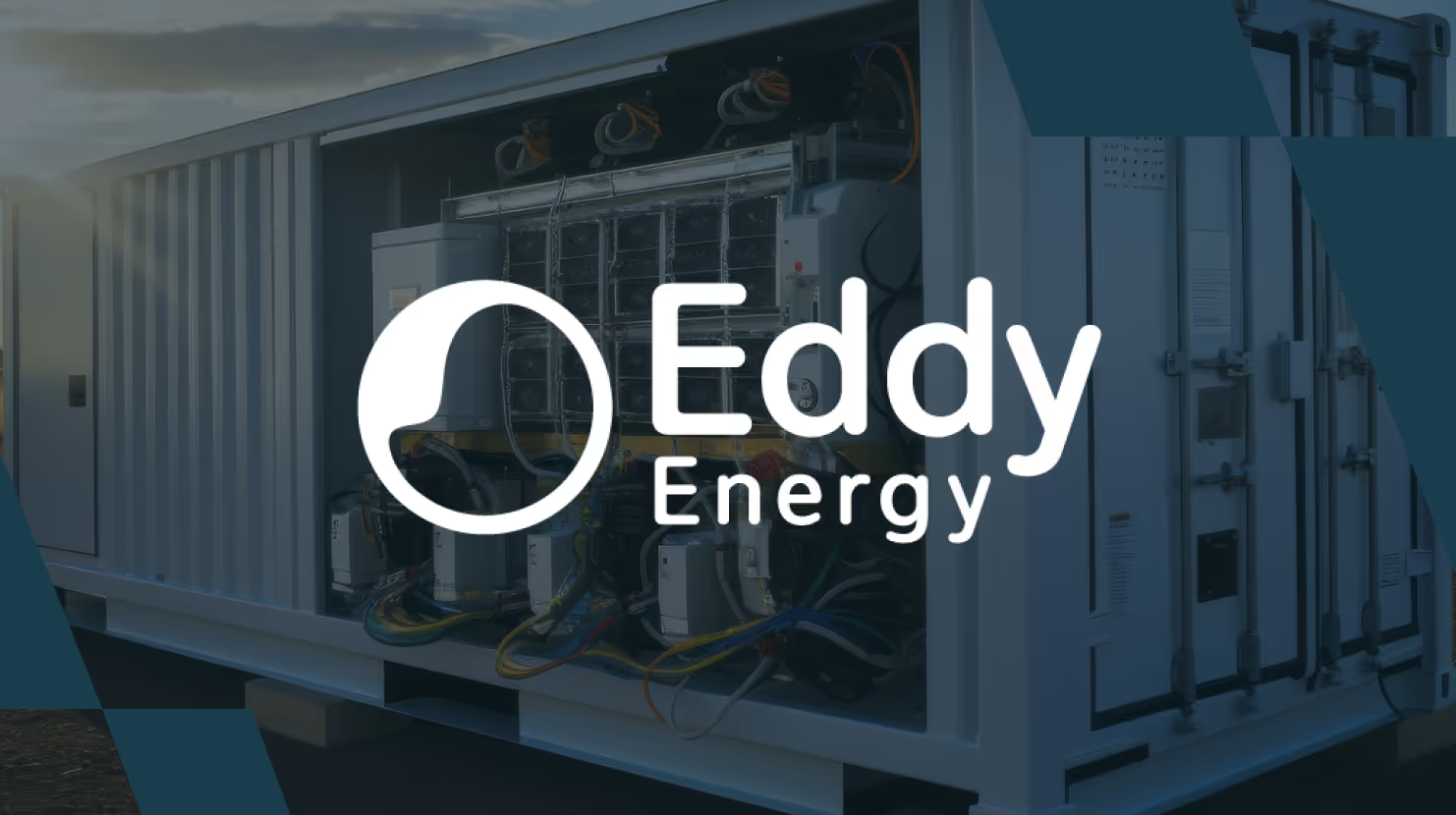The clean energy sector is transforming and maturing rapidly.
An industry previously dominated by large utilities, public YieldCos, and Independent Power Producers (IPPs) is transforming into an industry of free agents creating value at the local level.
Part of this change is macro – improving technology, ubiquitous WiFi and videoconferencing services allow companies of all sizes to have distributed workforces. The democratization of information and speed of knowledge sharing together are transforming every industry.
While these changes have been seen for some time in sectors like real estate, it has been slower to take hold in the capital-intensive clean energy development space. What used to be called alternative energy is hardly alternative anymore. The clean infrastructure sector is expanding and currently experiencing strong tailwinds.
Significant Policy Support
The industry is celebrating (and digesting) the passage of the Inflation Reduction Act (IRA), demonstrating long-term support for the industry from the Federal Government. States have paved the way for clean infrastructure for a while – with more than 20 states boasting a 100% clean energy/zero emission goal and more than 35 states with an explicit clean energy goal or mandate.
Increasing Demand
Over 350 large corporations pledged to go ‘100% Renewable’ as part of the RE100 initiative. The commitment will only increase due to the surge of non-renewable electricity prices both in the U.S. and abroad. Consumers are demanding more access to clean energy, whether from solar and storage at home or access to community solar, which is now available in more than 20 states.
ESG Requirements from Investors
BlackRock CEO, Larry Fink deserves credit for bringing to light ESG initiatives in his annual CEO letter several years ago. It made headline news as he began addressing the importance of tackling climate change, now it’s just business as usual. Today, any entity receiving capital from an institutional investor must have a robust ESG strategy in place.
Previously, when capital was limited and those at the forefront creating asset value were less sophisticated, it made sense for utilities or large IPPs to be the homes of the most talented developers and originators (‘value creators’); and for them to be the ones to receive the lion’s share of the upside. With the maturation of the market, it begs several questions about the value of a large company:
Where does one find the financial support?
Capital is plentiful and any worthwhile fund will have the ability to post security, deposits, and other later-stage development costs. Any developer with a pipeline (read spreadsheet with addresses) can likely receive a capital commitment. However, putting it to work is another story.
Take-out / ownership?
There are more buyers for clean infrastructure assets than ever before. The certainty of the ‘bird in the hand’ is valuable in what is a tumultuous, despite ever-growing market. But having that buyer locked up early is no longer a must-have giving the depth of investors.
Development support?
Yes, but there are plenty of consultants that will gladly perform this on a project-by-project basis.
Brand recognition?
This is still undeniably reliable, as the saying goes – no one ever got fired for hiring IBM. However, even the most revered brands in the space have had their issues and the sophisticated energy customers understand the ‘meat of the deal’ is in the contract and lies with the individual, i.e. the value creator.
This shift has led to many ‘value creators’ foregoing the safety (and meager bonuses) of the large company and going out on their own. On the whiteboard it always seems to make perfect sense. The story usually goes something like this:
I’ll make $2M when I flip this deal to lower the cost of capital buyer and use those proceeds to plow into other opportunities in this state market and expand to the neighboring state that is about to launch a similar program! So long, [big company], I don’t need you!
Then, the utility takes three months longer than anticipated to perform the requisite interconnection work, production comes in lower than expected, labor is hard to come by, and in the meantime, prices of modules and batteries increased. Oh wait, there is some formal complaint from a company I’ve never heard of – now I’m not even sure if we can purchase modules!
The value creator is now forced to transform into an investment banker and attempt to round up additional buyers to squeeze all the juice out of the deal they rightfully deserve (and are anchored to). Finally, it’s time to close. But to receive that low cost of capital, the value creator must go back to the landowner once more to sign an estoppel, provide clean title, and the landowner doesn’t even have an email address.
In the meantime, the value creator has to pay the broker for the real estate, the landowner holds them hostage for the estoppel and squeezes more money out of the deal, all the while no new sites have been acquired and that neighboring state is nothing more than an interesting bullet point on the value creator’s to-do list. The holidays are coming up and the value creator hasn’t received a paycheck in nine months. It’s not as easy as it looks on the white board!
There must be something better, right? Well, as you see in the below graphic, we at Madison Energy Investments (MEI) are launching what we believe to be the Goldilocks solution; one that recognizes we are in a maturing, distributed market and we need to enable and empower the value creators to do what they do best.
Introducing – Accel-Dev

Accel-Dev came about organically, as we at MEI tried to hire some of the bootstrappers that it turned out just wanted our capital and access to our team. The same thing happened with those at the large company, who wanted more upside and autonomy without sacrificing the downside protection.
With Accel-Dev, flexibility and alignment are top of mind. We are flexible in the markets and teams that we are backing, as well as the capital we’re providing (debt, equity, or some combo thereof) and sub-sectors in which we are working (C&I, storage, small utility scale and community solar). MEI will look at the assets and strategies with the lens of the long-term owner while providing the value creator with the flexibility and support to monetize the assets whenever and with whomever brings the best value.
Perhaps the most exciting thing about Accel-Dev and the solutions we bring is the focus on funding under-served sectors of the population.
Even with the influx of capital into the market, there is still a dearth of platforms led by women, people of color, and other under-served groups like service-disabled veterans. We are placing a large emphasis on prioritizing diversity, equity and inclusion and are proud that our first investment is in Formation Energy founded by Laurie Mazer. Laurie’s background and track record are second to none. Accel-Dev’s investment in Formation Energy will provide their incredible team the resources to pursue opportunities in the Pennsylvania market and beyond.
Industry veteran Chip Brubaker, formerly of IGS Energy with a background in solar development/capital structuring and private equity, is leading the Accel-Dev initiative. He and the team are reviewing a handful of opportunities we hope to close on prior to the end of the year. We envision the Accel-Dev teams working with one another when needed and when mutually beneficial. Our hope is that this ‘team of teams’ concept applied to the clean infrastructure sector will accelerate development, provide underserved sectors with access to flexible capital, and bring more clean infrastructure to a community near you!
—–
If you are curious about the mission of Accel-Dev, reach out to Chip at cbrubaker@acceldevteam.com.





